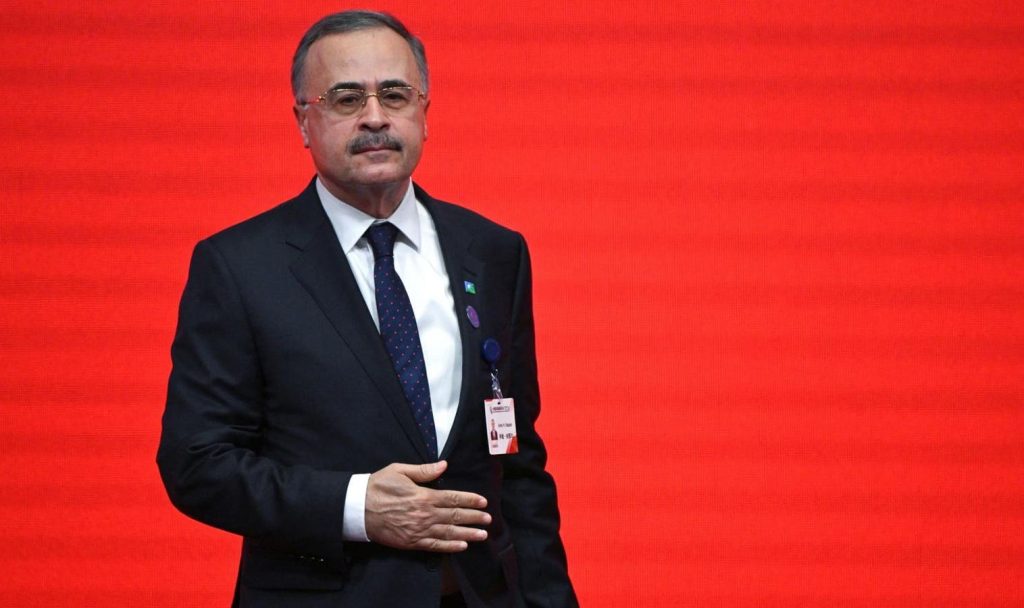Amin Nasser, the CEO of Saudi Aramco, recently stated that the age of fossil fuels is far from over, asserting that peak oil and gas is unlikely to come anytime soon. As the head of the world’s largest oil company, Nasser oversees the production of over 12 million barrels per day of oil and gas. With proven reserves of well over 200 billion barrels, Aramco is set to continue its dominance in the industry for decades to come.
Despite the hype surrounding the transition to renewable energy sources, the world continues to heavily rely on carbon-spewing energy sources such as oil, gas, and coal. Nasser argues that the current transition strategy is failing on multiple fronts, as renewables are struggling to scale fast enough and are not as economically competitive or convenient as traditional energy sources. Despite advances in renewable energy, global petroleum consumption continues to rise, reflecting the ongoing demand for carbon-intensive transportation and industrial services.
Ironically, Aramco is already a major investor in the low-carbon transition, dedicating 10% of its $50 billion annual capital spending to renewables. The company has launched the Aramco New Energies division and completed large solar projects, with plans for further expansions in solar and wind energy by 2030. Aramco is also exploring partnerships with other companies to develop zero-carbon jet fuel and capture and sequester carbon dioxide emissions.
One of Aramco’s most promising investments is in a New Mexico-based startup called Spiritus, which has developed a novel technology to passively absorb CO2 from the air. The technology, made of sorbent material that selectively grabs carbon dioxide molecules, is believed to be cost-effective and efficient. Aramco Ventures has invested in Spiritus and plans to deploy the technology in the Kingdom once it has been proven successful.
Saudi Aramco’s financial performance remains strong, with $117 billion in net income over the past year and plans to distribute $124 billion in dividends. The company’s stock trades just above its 2019 IPO price, with a market cap of $1.9 trillion. With a fortress balance sheet and near infinite growth options, Aramco is set to pursue expansion projects both within the Kingdom and globally, aiming to diversify its operations and meet its promise of net-zero carbon emissions by 2050.
Nasser is eager for more deals to further Aramco’s global presence and green initiatives. Potential targets include BP, which has a consolidated renewables arm with significant wind and solar projects. By partnering with companies like BP, Aramco aims to gradually transition to cleaner energy sources while maintaining its position as a dominant player in the oil and gas industry.


